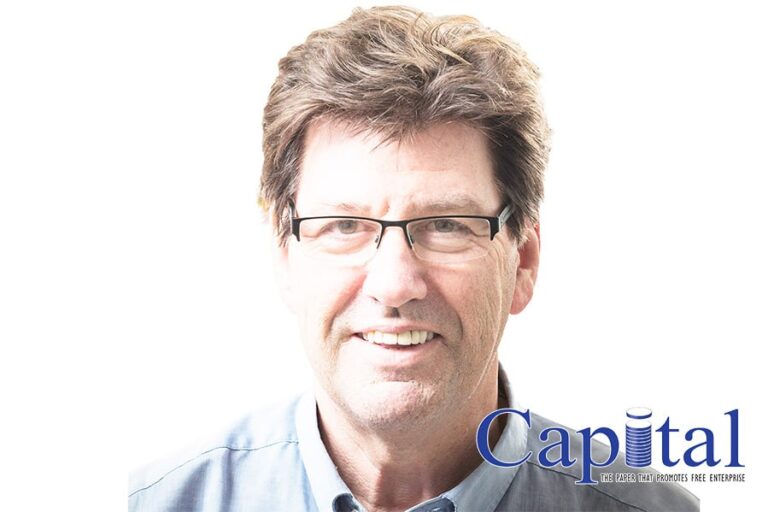Some years ago, the organization I worked for, hosted a workshop in Ethiopia, for teams from several countries, including Ethiopia. The Ethiopia team, of which I was a member, was assigned to host and organize the workshop. We decided to include a less formal agenda in between all the presentations, group work and plenary sessions. As all participating countries happened to produce coffee, we decided to organize a coffee tasting competition. Each team was to bring coffee from their country, display it, brew it and prepare it for tasting by an independent jury.
The competition was planned for the evening of the first day of the workshop and promised to be an exciting ice breaker. Participants were already boasting about the quality of their nation’s coffee, not in the least the Ethiopians, who reminded all that coffee originated from Ethiopia after all.
As the afternoon progressed, packaged export quality coffee from the other countries was already brought to the meeting room and it is then that the Ethiopia team began thinking about preparing for the competition. They had not brought any coffee yet as they were confident that the coffee they needed could be bought from any shop nearby the venue of the workshop. Two members of the team were sent to purchase one kilo of coffee. There were no supermarkets nearby, only small shops, who sold green beans amongst everything else that is normally sold in small suks. There was no choice and neither did the purchasers know much about what good quality green coffee beans should look like. So, they bought a kilo of whatever coffee beans were available and brought it back to the hotel, together with some charcoal and incense. When the time of the competition was approaching, the Ethiopian coffee ceremony was well underway, and the team was confident they would win! What could possibly go wrong?
The other teams now began brewing their coffee as well, and the meeting hall was soon filled with a mixture of coffee aroma’s, drawing the attention from hotel workers, management and other guests.
Members of the jury were now invited to taste the coffee, much like experts taste wine: smelling, taking a sip, tasting, spitting it out, and on to the next cup. Results were written on individual scorecards and added to arrive at the final result. The Ethiopian coffee ended last! What went wrong? Well, in the first place, the competition was about the quality of the coffee, not the ceremony! In other words, the team did not focus on the actual assignment, on what was exactly expected. And as a result, too much attention was paid to secondary elements and too little attention was paid to the preparations and requirements for a good result. Also, the team underestimated the capacity of the other teams, the competition, who had done their homework well and were prepared to give it their best. The Ethiopia team instead was ill prepared, relied on their routine and were not effective in their execution.
Let us take this conclusion a bit further to corporate effectiveness.
For any team, organization or company to be effective it is important that mission, goals and values are shared and internalised by all staff and time and energy needs to be invested in this by management. But this is not all that needs to be done. Subscribing to the corporate values helps but is not enough to become effective. To be effective requires being proactive and that is what most people are not, also not in Ethiopia. Most of us are reactive. We react to what is coming our way. We don’t plan-ahead and blame others for things gone wrong. We say: “I don’t have time.” We are busy repairing the damage that has been done and we are constantly in the crisis management mode.
Proactive people on the other hand plan-ahead and take responsibility. They say: “How can I help?” They prevent problems from happening and set the right priorities. Reactive people allow circumstances to dictate their agenda while proactive people set the agenda. And they do that using their personal values as a point of departure. To take it a step further still, for employees to be effective in their work it is important that there is a match between their personal and the corporate values. Where there is no such match, workers will not make significant contributions to corporate effectiveness.
Yes, somebody with an accounting diploma or degree can work in any company or organization. But whether or not (s)he will make significant effective contributions depends on how excited that accountant is about the products that the company makes and in how far (s)he subscribes to the corporate values. If, “high quality” is one of the corporate values then delivering high quality and timely financial reports to management will be expected. If a company claims that it esteems its customers, then the sales-reps are expected to be polite and give competent advice to the clients.
In conclusion I’d like to suggest that next time you need to hire somebody, you take values and potential to be proactive into consideration. And for those who want to become more proactive in their work, complete the following exercise:
- Define your personal values.
- Do they match the corporate values?
- What can you do to increase the match between your personal and the corporate values?
- In which areas of your work can you become more proactive and thus more effective?
- Write this down and share with management.
- Agree on a time frame to evaluate progress.
Ton Haverkort




